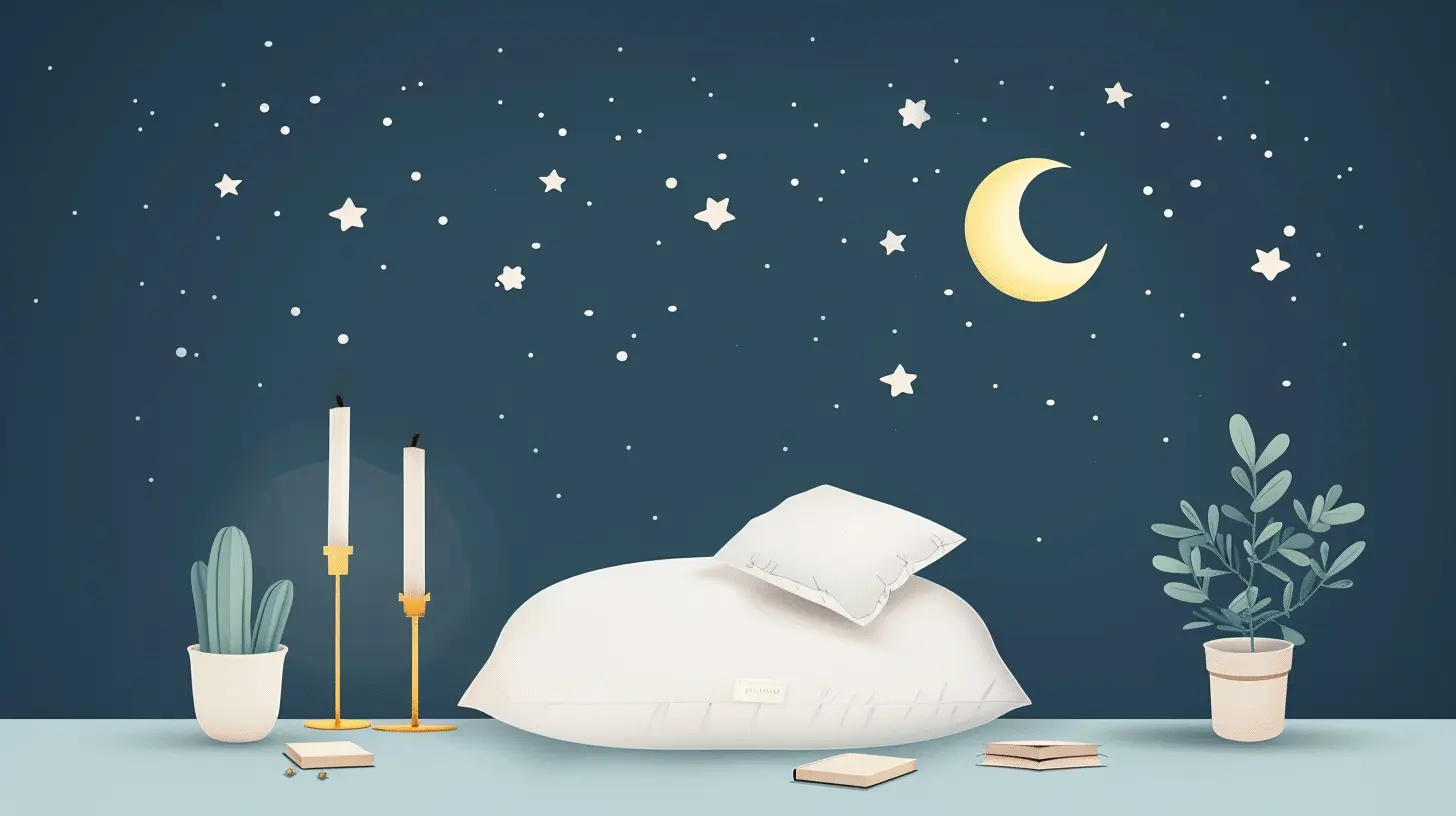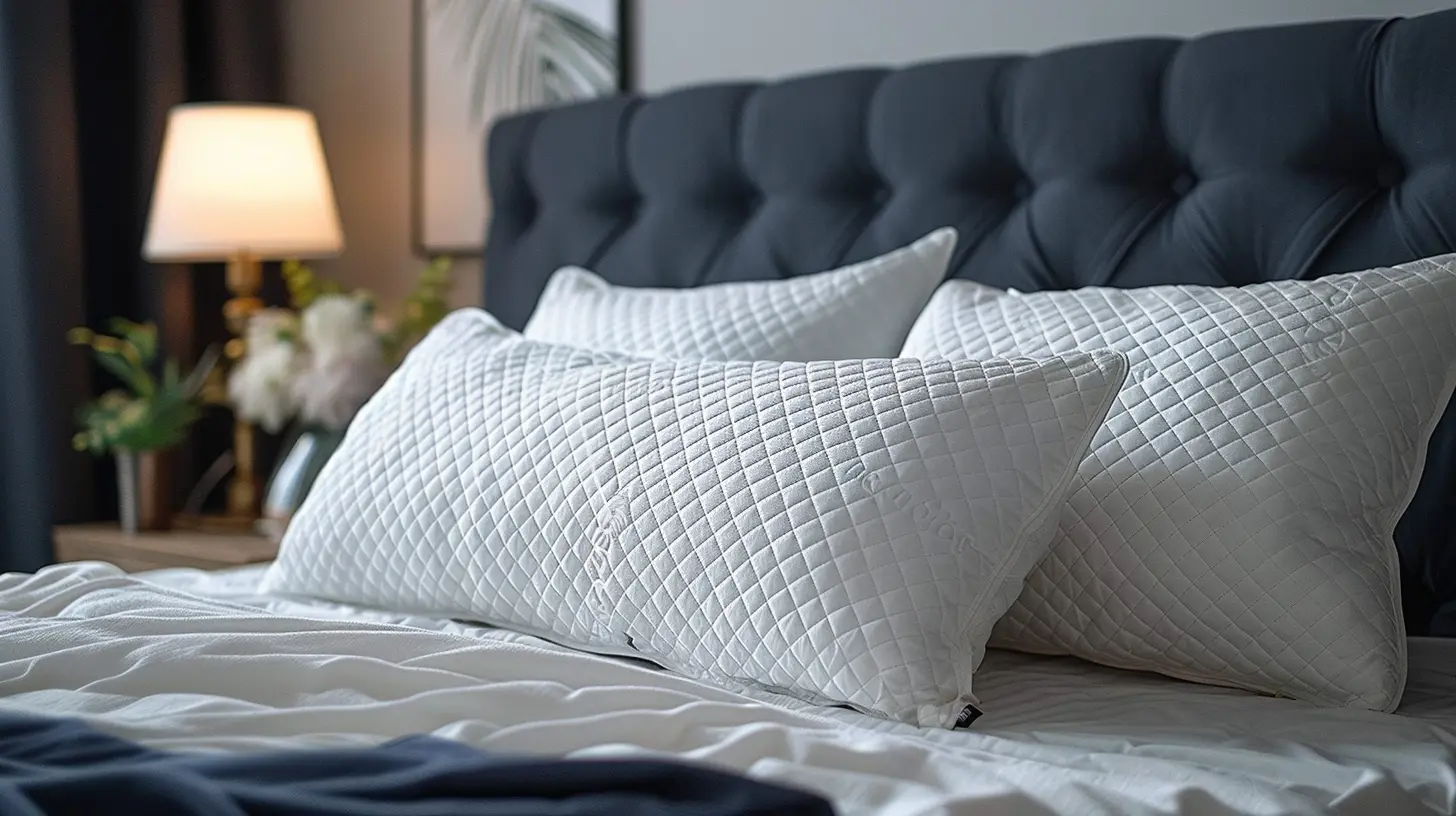How Your Mattress and Pillow Contribute to Better Sleep
10 November 2025
Sleep—it’s the one thing we all crave but rarely seem to get enough of. Tossing, turning, waking up sore—sound familiar? What if I told you that your mattress and pillow might be the secret villains behind your restless nights?
You might think of them as just a surface to lay on, but they do much more than that. They either cradle you into deep sleep, or betray you with back pain and restless nights. So, how exactly do your mattress and pillow contribute to better sleep? Let’s dive into the mystery.

The Science of Sleep: Why Comfort Matters
Our bodies are designed to rest and recover during sleep, but that can only happen if we’re properly supported. The wrong mattress or pillow can force your spine into awkward positions, strain your muscles, and interrupt your sleep cycle.The Spine’s Alignment – The Key to Restful Sleep
Imagine your spine is like a tower of building blocks. If the blocks aren’t stacked properly, the tower wobbles and eventually collapses. Your spine works the same way. It needs to remain aligned while you sleep, and the right mattress and pillow help maintain that balance.The Role of Pressure Points
Ever woken up with a stiff neck or aching back? That’s your body telling you that your sleep surface isn’t doing its job. A mattress that’s too hard creates pressure points, while one that’s too soft lets your body sink, misaligning your spine. The goal? To find a Goldilocks-level firmness—not too hard, not too soft.
How Your Mattress Affects Sleep
Your mattress is the foundation of good sleep. If you’ve had the same one for years and it resembles a pancake more than a sleep surface, it’s probably time for a change. Here’s why:1. Mattress Firmness: Finding Your Ideal Level
Firm, soft, or somewhere in between? The right firmness depends on how you sleep:- Back Sleepers – Need medium-firm support to keep the spine aligned.
- Side Sleepers – A softer mattress cushions the shoulders and hips.
- Stomach Sleepers – A firmer surface prevents excessive sinking and back pain.
Sleeping on the wrong firmness could be like trying to sleep on a bag of rocks—or worse, a sinking sandpit. Neither will give you the rest you deserve.
2. Material Matters – Memory Foam, Latex, or Innerspring?
Mattresses come in different materials, each with its pros and cons:- Memory Foam – Molds to your body but can trap heat.
- Latex – Naturally cooling and supportive but can be pricey.
- Innerspring – Bouncy and breathable but may lack pressure relief.
If you’re a hot sleeper, memory foam may not be your best friend. A cooling mattress could be the game-changer you need.
3. Mattress Lifespan – When Should You Replace It?
Most mattresses last 7-10 years before they start to lose support. If you wake up feeling achy or your mattress has visible dips, it’s probably overstayed its welcome.
How Your Pillow Contributes to Better Sleep
If your mattress is the foundation, then your pillow is the crown jewel of comfort. Using an old, flat pillow is like wearing worn-out shoes—uncomfortable and downright bad for you.1. Pillow Height: Getting It Just Right
The thickness of your pillow should match your preferred sleeping position:- Back Sleepers – A medium-loft pillow keeps the head and neck aligned.
- Side Sleepers – A thicker pillow fills the gap between the head and shoulders.
- Stomach Sleepers – A thin pillow prevents the neck from arching.
Ever woken up with a stiff neck? Chances are, your pillow wasn’t at the right height.
2. Pillow Material: Memory Foam vs. Down vs. Latex
Not all pillows are created equal. The material of your pillow determines how well it supports you:- Memory Foam – Conforms to your head but can retain heat.
- Down/Feather – Soft and fluffy but may lack firm support.
- Latex – Responsive and cooling but firmer than others.
Picking the right pillow is like choosing a best friend. It should support you unconditionally.
3. Pillow Lifespan – Time to Let Go?
Pillows need replacing every 1-2 years. A simple test? Fold it in half. If it doesn’t spring back, it’s time for a new one. Sleeping on an old pillow is like resting on a worn-out sponge—it’s not doing you any favors.
The Hidden Dangers of Poor Sleep Support
Still not convinced? Let’s talk about what happens if you keep sleeping on the wrong mattress and pillow.1. Increased Risk of Chronic Pain
Your neck, back, and shoulders take the hit when your mattress and pillow don’t support you. Over time, this leads to constant pain, making it harder to function during the day.2. Interrupted Sleep Cycles
When you’re uncomfortable, you toss and turn more often. This prevents you from reaching deep sleep stages, which are crucial for repairing muscles, boosting memory, and reducing stress.3. Allergy Triggers
Old mattresses and pillows can collect dust mites, bacteria, and even mold. If you’re waking up sneezing or congested, your bedding might be the culprit.Tips for Choosing the Right Mattress and Pillow
For Mattresses:
✅ Test before you buy—lie down for at least 15 minutes.✅ Consider cooling technology if you overheat at night.
✅ Look for a sleep trial (many brands offer 100-night guarantees).
For Pillows:
✅ Match your sleeping position to the right pillow height.✅ Choose hypoallergenic materials if you have allergies.
✅ Replace regularly—don’t wait for neck pain to start.
Final Thoughts: Invest in Your Sleep
Your mattress and pillow aren’t just pieces of furniture; they’re the guardians of your sleep. Skimping on them is like cutting corners on a parachute—risky and not worth it.If you want to wake up refreshed, pain-free, and ready to take on the day, it might be time to rethink what you’re sleeping on. Because in the end, good sleep isn’t a luxury—it’s a necessity.
all images in this post were generated using AI tools
Category:
Sleep HealthAuthor:

Laura Hudson
Discussion
rate this article
1 comments
Logan Adams
Investing in quality sleep essentials truly enhances overall well-being.
November 26, 2025 at 5:59 AM

Laura Hudson
Absolutely! Quality sleep essentials like the right mattress and pillow play a crucial role in promoting restorative sleep and overall health.


